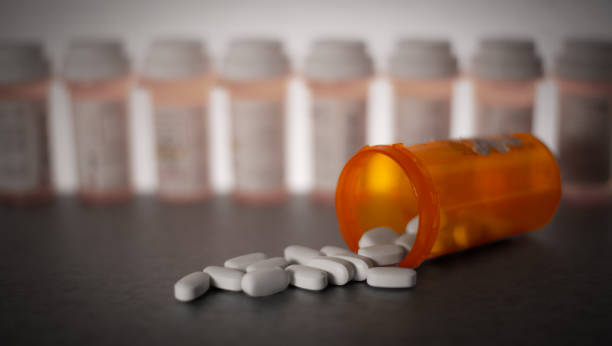
Guys, the test results are in and they’re not pretty! 50 is no longer the age when you need to check for colorectal cancer. People who are under 50 now account for 10% of colorectal cancer cases. And the worst news is that we only have ourselves to blame.
Why young people are getting colorectal cancer so young?
The truth is poor diet and a sedentary lifestyle. Couple this with smoking or drinking and young colons are going bad faster than our pandemic investment portfolio.
There are of course other factors. Age, race, and gender all play some part in your risk of developing colon cancer. 3-5% of people in developed countries have genes that put them at very high risk of Colon Cancer, caused by germline mutations in colon repair proteins (mmr).
But these mutations do not explain the recent uptick. The type of cancer that doctors are seeing in these cases grows sporadically. Genetic forms of colon cancers grow more steadily. New gene mutations could be the cause of some of these new cases. But new research shows there are more obvious risk factors to consider.
What can young people do to stay healthy?
Know your symptoms – if you or a loved one at any age develop these symptoms, it is imperative you speak to your doctor as soon as you can.
- Rectal Bleeding – especially if your stool has rust-like blood forming inside of your stool
- Unusual stools – dark stools, narrow thin stools, that may be a sign that your bowels are being obstructed
- Changes in Bowel movements- this could either mean tough stools that only pass a few times a week (constipation), or loose watery stool (diarrhea) especially if this has gone on for longer than two weeks
- Low energy or chronic exhaustion – this may be a sign of anemia or blood loss
Don’t be too alarmed! They are a variety of far less serious conditions, from hemorrhoids to a poor fiber diet to explain these symptoms. But you should still get tested, especially if there is any blood in your stool.
Make a lifestyle change – studies have shown that making these lifestyle changes can dramatically decrease your risk of developing colorectal cancer.

- Drink in moderation – the American cancer association advises no more than two drinks for men or one drink for women, but any alcohol can increase your cancer risk
- Quit smoking – the amount of damage smoking causes your body can fill a blog on its own, so quit as soon as you can. That includes e-cigs too!
- Lose weight – your new year’s resolution won’t just help your pants fit better it could save your life!
- Consume 25 grams of fiber a day – most Americans only consume 10 – 15 grams of fiber a day. This causes your body to have to strain to keep your colon clean.
- Balanced Diet – eating a well-rounded diet consisting of foods that are beneficial for your colon can help prevent colon cancer.
The key is consistency, not intensity – no need to throw all your cigarettes in a bin or eat two pounds of Benefiber. Moderate your smoking with nicotine patches, consider adding a walk every couple of days.
You can do a lot more good in a year doing a little than you could ever do in a week so stay consistent and be gentle with yourself when you inevitably get off track and just get back on.
If you or a loved one have questions or concerns about colorectal cancer, speak to your doctor today.




